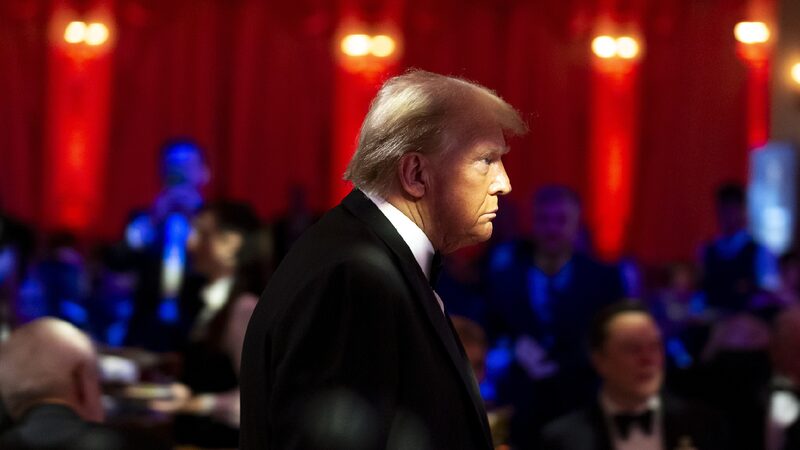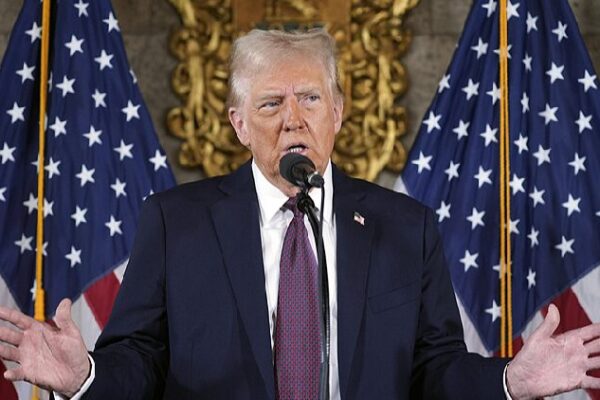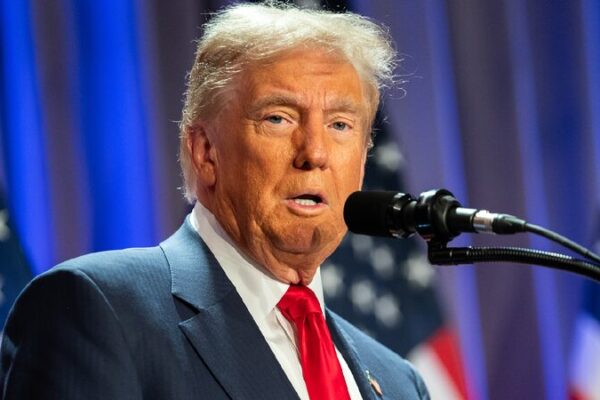As speculation mounts about Donald Trump’s potential return to the White House, he’s already making headlines with bold tariff threats. His proposed tariffs target imports from Mexico, Canada, and China, citing issues like drug trafficking and illegal migration. Additionally, he’s eyeing tariffs on BRICS nations considering trade in currencies other than the US dollar. While these threats grab attention, they might be misguided solutions to intricate global challenges.
Tackling Migration: A Shared Responsibility
Imposing tariffs on Mexico and Canada over illegal migration overlooks the complexity of the issue. Many migrants fleeing to the US are escaping poverty, violence, or political unrest in their home countries. Tariffs won’t stop this flow; instead, they may harm economic relations and increase costs for American consumers.
Addressing migration requires collaboration. The US and Mexico, in particular, can work together to improve conditions in Central American countries, offering aid and development projects that tackle the root causes of migration. Joint efforts can lead to sustainable solutions rather than exacerbating tensions with trade penalties.
Fentanyl Trafficking: A Global Challenge
Fentanyl, a potent synthetic opioid, has become a significant problem in the US, leading to numerous overdose deaths. Trump’s proposal to impose tariffs on China due to fentanyl overlooks the global nature of the drug trade. The production and distribution of fentanyl involve multiple countries, and combatting it demands international cooperation.
Instead of tariffs, stronger partnerships are needed to regulate precursor chemicals, enhance border security, and dismantle trafficking networks. Additionally, treating drug addiction as a public health issue, rather than purely a criminal one, can address the demand side of the problem. Countries like Portugal and Switzerland have seen success with such approaches.
Trade and the US Dollar’s Role
Threatening tariffs on BRICS nations for considering alternatives to the US dollar in trade reflects a misunderstanding of global economics. The US’s trade deficits are closely tied to the dollar’s status as the world’s reserve currency. This status keeps the dollar strong, making US exports less competitive and contributing to trade imbalances.
Tariffs won’t fix this issue. Instead, policies that address capital flows and promote domestic savings could be more effective. By focusing on internal economic adjustments, the US can work towards a more balanced trade scenario without resorting to punitive measures against trading partners.
The Need for Thoughtful Leadership
Complex global issues like migration, drug trafficking, and economic imbalances don’t have simple solutions. Tariffs, while a powerful tool, may not be the right answer and could lead to unintended consequences. Collaborative efforts, nuanced policies, and a willingness to engage with international partners are essential.
As global citizens, it’s crucial to recognize that problems crossing borders require teamwork. Moving forward, embracing cooperation over confrontation might be the key to addressing the challenges we all face.
Reference(s):
Trump's tariff threats: Misguided solutions to complex problems
cgtn.com








